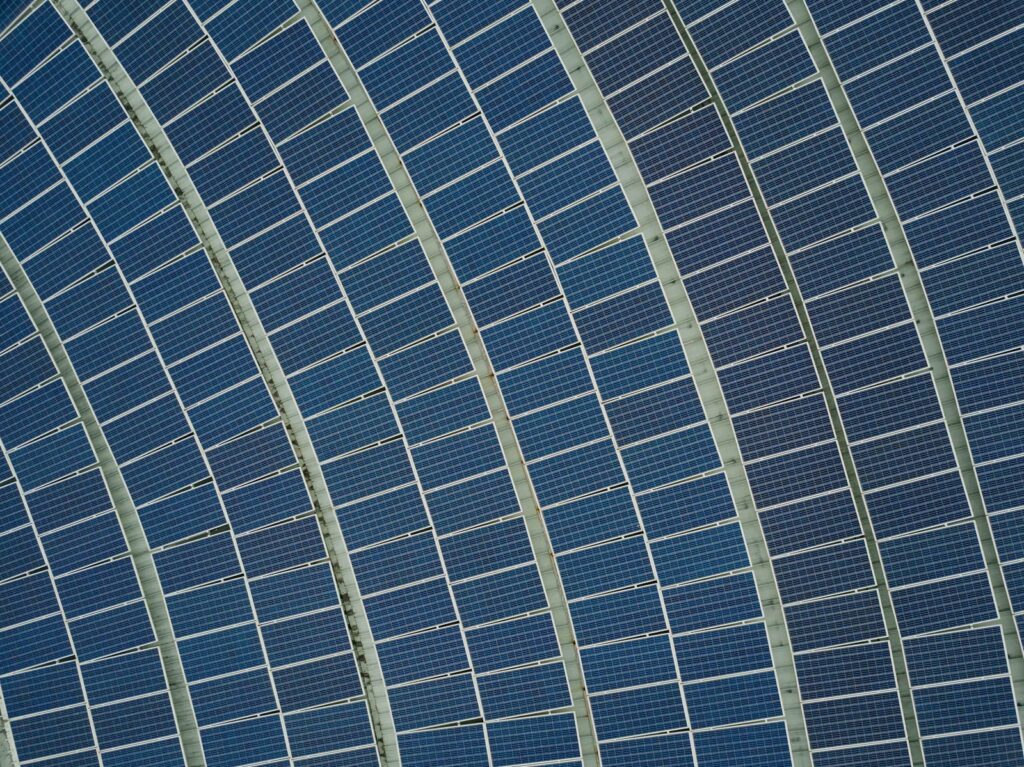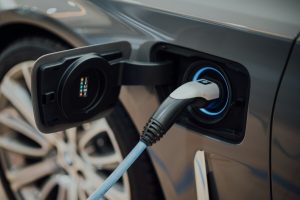Ensuring Quality for Large-Scale Solar Installations

In the fast-growing world of solar energy, quality is key. Large-scale solar installations demand precision, speed, and reliability. Cutting corners is not an option—mistakes can cost time, money, and customer trust. Ensuring top-notch quality from the start is essential for success. Let’s explore strategies that make it possible.
Why Quality Matters
Getting it right the first time is more than just a slogan. It’s a way of working that saves resources and boosts efficiency. When a solar installation is done correctly from the start, you avoid costly fixes and delays. More importantly, it builds trust with customers. A happy customer is likely to recommend your services to others.
Industry leaders like Neville Voss, a renewable energy expert from Hampshire, UK, know the importance of this. “In solar, precision is everything,” says Voss. “You can’t afford mistakes, especially when scaling up. Quality is the backbone of customer satisfaction.”
A report from McKinsey found that correcting errors in solar installations can increase project costs by 15%. Getting it right the first time isn’t just good for reputation—it’s good for the bottom line.
Checklists: The Unsung Hero of Quality
Checklists may seem simple, but they are powerful tools for ensuring quality. They guide teams through every step of the installation process, ensuring nothing is overlooked. Whether it’s confirming proper wiring or testing system output, a checklist helps teams stay consistent.
A well-designed checklist reduces human error. It also speeds up training for new team members. Standardizing tasks ensures every installation meets the same high standard, regardless of who is working on the project.
Teams that adopt checklists often report fewer mistakes and faster project completion times. It’s a small step that delivers big results.
Building a Culture of Quality
Quality assurance (QA) is about creating systems that catch issues before they become problems. It’s not just about checking work at the end—it’s about quality at every step. QA processes include regular inspections, audits, and reviews.
For large-scale solar projects, QA processes ensure all components work together seamlessly. Inspections at critical stages—such as foundation installation, panel placement, and wiring—prevent costly rework later.
Neville Voss emphasizes the importance of QA in solar. “It’s not just about the final product,” he says. “It’s about making sure every step along the way is flawless. That’s how you deliver excellence.”
Balancing Speed with Precision
In large-scale projects, the pressure to meet deadlines can sometimes clash with the need for precision. Balancing speed with quality requires smart planning and strong leadership.
Start by setting realistic timelines. Rushing to complete projects often leads to mistakes. Instead, focus on efficient workflows that maintain high standards. Break large tasks into smaller steps, assigning clear responsibilities to each team member.
Communication is another crucial factor. Regular check-ins and updates ensure everyone is on the same page. When issues arise, addressing them quickly prevents delays.
Leveraging Technology to Improve Quality
Technology is a game-changer in maintaining quality for solar installations. Tools like AI, IoT, and project management software help teams work smarter, not harder.
AI can analyze system performance and detect issues in real time. For example, AI-powered drones can inspect solar panels for defects, saving time and reducing human error. These inspections are faster and often more accurate than manual checks.
IoT devices, such as smart sensors, provide constant data on system performance. They alert teams to potential problems, such as low energy output or overheating components. Fixing these issues early minimizes downtime and ensures reliability.
Project management software keeps everything organized. Teams can track progress, assign tasks, and share updates. This ensures that all steps are completed on time and to standard. It’s especially helpful for managing large-scale projects with multiple moving parts.
Case Study: Scaling with Quality
Neville Voss has firsthand experience balancing growth and quality. When scaling solar operations, his teams adopted AI-powered quality checks and detailed checklists to maintain consistency. “Technology allowed us to grow without losing focus on quality,” Voss explains. “But it’s also about leadership—making sure every team member feels responsible for doing excellent work.”
By combining technology with strong QA processes, Voss’s projects consistently meet customer expectations while staying on schedule. His approach proves that quality and growth can go hand in hand.
The Benefits of Getting Quality Right
Ensuring quality from the start delivers benefits for everyone. Customers get reliable, efficient systems that meet their energy needs. For solar companies, it means fewer costly mistakes and stronger reputations.
In the long run, focusing on quality also supports sustainability goals. Solar systems that perform well contribute more to reducing carbon emissions. It’s a win for businesses, customers, and the planet.
Conclusion: The Future of Quality in Solar
As solar energy continues to grow, ensuring quality will remain a top priority. With tools like AI, IoT, and checklists, solar teams have the resources to get it right the first time. Leaders like Neville Voss show how combining technology, strong processes, and smart leadership makes scaling possible without sacrificing excellence.
“The future of solar isn’t just about scaling up—it’s about scaling smart,” says Voss. “When quality is at the core of everything you do, success follows naturally.”
By adopting these best practices, solar companies can deliver outstanding results at any scale. The key is to focus on the details while keeping the big picture in mind. After all, quality isn’t just a step in the process—it’s the foundation of success.



